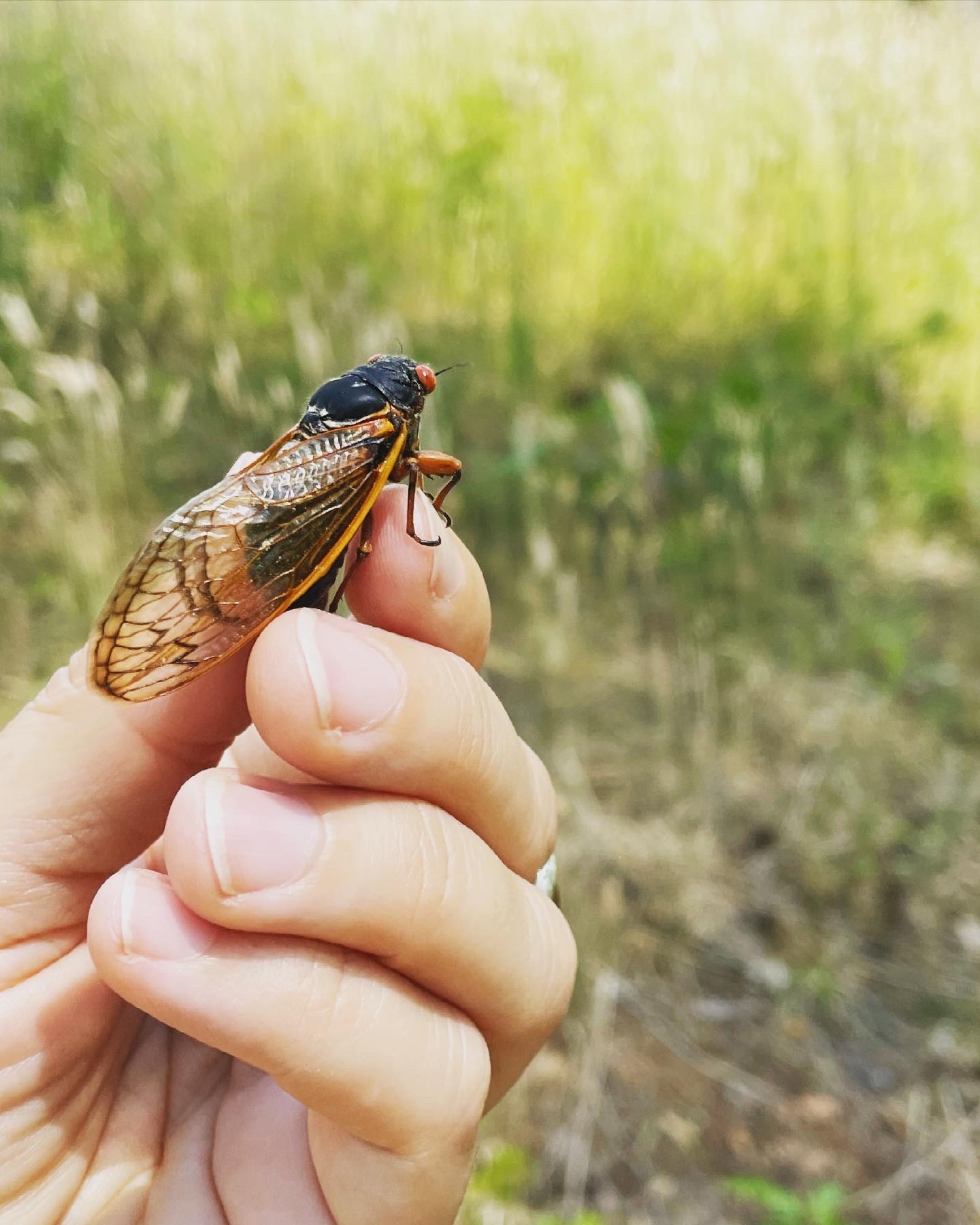Project Description
The Song of the Cicada
Out of the pandemic, into the buggy world
For Sierra magazine
Inside the earth was a safe place. They lived peaceful lives, sucking on tree roots. They felt the turning of the seasons, the subtle shifts in the soil’s temperature and the not-subtle ones, freezes of winters and thaws of springs. They never uttered a word, just kept count. Seventeen years precisely.
Up here on the surface is dangerous, and so they sing. They sing to stay focused on life, the goal. The ancient Greeks told a story of men who were so obsessed with singing they forgot to eat and drink. These men were turned by the Muses into cicadas. They were given the critical task of keeping tabs on which humans properly revered the Muses, goddesses of music, poetry, and myth.
The Greeks carved their official coins with images of the cicada, playing with the idea, I imagine, that story and song cannot be entirely accounted for as commodities, that they are always to some extent gifts of the gods. Clink, clink, Athenians counted cicada coinage into the palms of merchants in exchange for grains, olives, jewels, dropped them into the upturned wool hats of lyre-players.
The world is dangerous, and music is necessary currency. Near where I live, in Athens, Georgia, the cicadas began to sing in the time of glaciers, when the land was frigid and icy. The Magicicadas genus was three species that evolved to live together, an interspecies tribe called a brood that has survived to this day—the mighty Brood X tribe.
